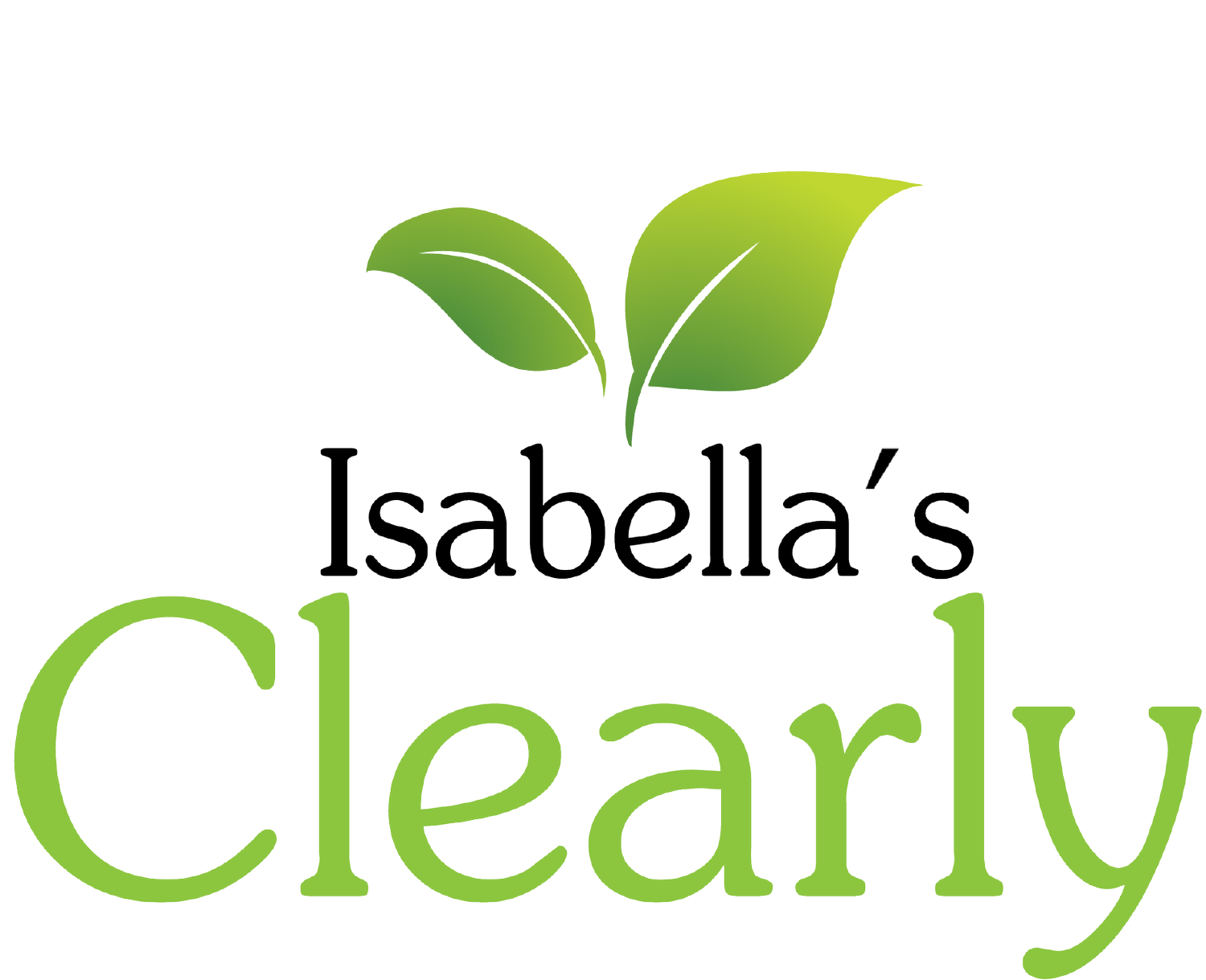How to Sleep Better in 6 Easy Steps
We hear it over and over - a good night’s sleep seems to be the recipe for good health, a good mood and a beautiful face. However, for some of us, it’s not easy to get the recommended 6 to 8 hours of sleep per night. Insomnia, the inability to get to sleep or stay asleep, can be caused by anxiety, depression, sleep apnea, certain medications or foods, or can simply come about when you’re going through some life changes.
Whatever the reason for your lack of sleep, there are natural remedies that can help before you turn to medication.
6 Tips to Better Sleep
Turn off Electronics
While you might enjoy watching your favorite show before bed, electronic devices stimulate the mind and make it harder to fall asleep, and stay asleep. The blue lights emitted by many devices have been shown to disrupt the natural production of melatonin, the hormone that helps us sleep. Try turning off your devices and staying off your phone for 1 hour before bed time.
Exercise
Another great reason to stay active is that regular physical activity can promote better sleep. Try staying active throughout the day. If you have to work out in the evening, plan on finishing your workout at least 1 hour before bed time. Before bed, try a gentle yoga workout or a mindfulness session to help reduce stress and anxiety and to promote relaxation.
Reduce Caffeine Intake
Keep coffee and caffeinated teas for morning time and stick to water and herbal teas after lunch. Caffeine can stay in your blood stream for up to 10 hours, which means that it can keep you awake hours after you’ve consumed it. Remember that caffeine is also present in decaf coffees, most sodas, chocolate and some medications.
Drink Some Herbal Tea or Eat Oatmeal
Chamomile tea seems to be the most effective, and most extensively studied, in helping improve sleep quality. Try a cup of tea before bed every night as studies have shown that consuming it regularly helps to improve sleep patterns over time. If you’re not a fan of chamomile, try Valerian Root tea, Lavender tea or Lemon Balm tea. If you’re feeling a bit hungry and can’t fall asleep, try eating some oats (a natural source of melatonin). Dairy products, which are also a natural source of tryptophan, may also help to improve sleep.
Prepare the Room for Bed Time
To let your brain know that it’s time for bed, turn off the lights, get the room temperature right, get comfortable and eliminate distractions (if possible). If you can’t fall asleep, try counting, which can help distract you from anxious thoughts, or practice breathing techniques, which help relax both your body and your mind. Whatever you do, do not pick up your phone or electronic device.
Try Aromatherapy
Essential oils can help reduce anxiety and stress as well as promote relaxation and improved sleep quality. If your mind is wandering and keeping you awake, try a relaxing aromatherapy bath or diffusing some oils before bed. Our favorite sleepy time oils are lavender, chamomile, clary sage, bergamot and rose. Make sure to use good quality essential oils, and not fragrance oils, as they don’t have the same benefits or therapeutic effects on our bodies. Make a blend of oils or use an aromatherapy sleep aid blend, such as Clearly SNUZ.
If you’re struggling with insomnia, try the above tips that can help you form good sleeping habits before turning to medication.
Let us know in the comments what other techniques you’ve used to help you sleep or what you’ve learned keeps you awake at night.


